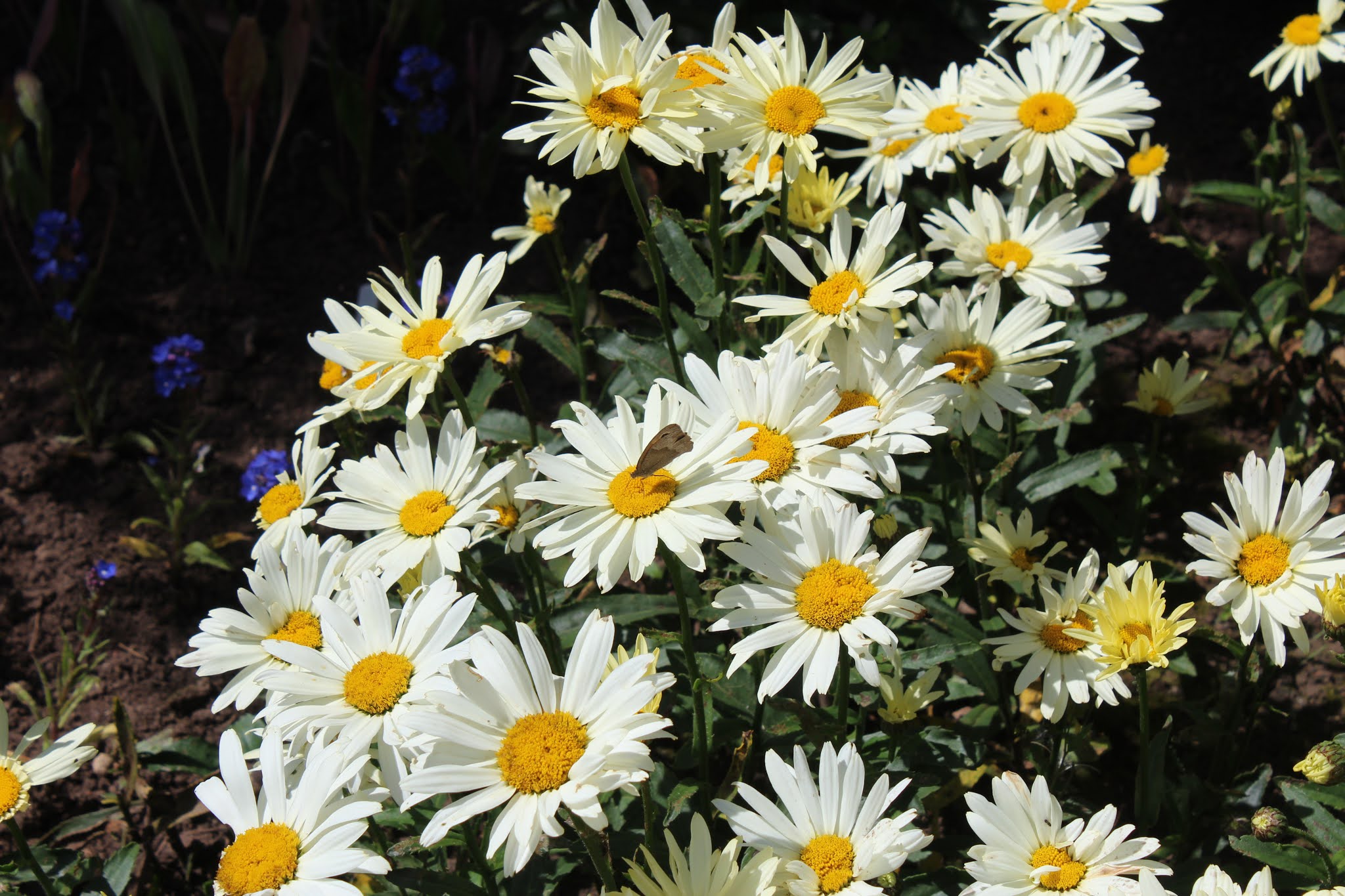How to Make Your Garden Bee-Friendly
Bees are an incredibly important part of the eco-system, they offer an incredibly invaluable service by pollinating the plants we grow. Although they're small, they're very mighty, but it's becoming increasingly more difficult for bees to carry on doing their all-important work. The least we can do is help them on their way by making our gardens more bee-friendly, and here's how you can do it!
Grow plants with pollen & nectar
Where this might seem like an obvious point, it's paramount that you're growing a wide range of different plants and flowers that bloom throughout the course of the year, usually between March and September when bees are at their most active. Single flowers are also a valuable source for bees who are on their pollinating mission.
Add plants to your garden that have a woolly appearance
You might not have heard a flower being described as "woolly" before, but when I say that, I'm talking about 'lamb's ears' and mullein. Basically, you need to be planting flowers that look thick and soft. This is because bees need this sort of material to be able to build the cells within their hives.
Make a bee hotel
Bee hotels are very easy to make and you can even buy ready made ones online. It's a great activity to do with the children, whether you forage for materials and construct it yourself or buy one from a retailer and paint and personalise it. No matter which one you choose, bee hotels are very important for the survival of the bees, especially when it comes to laying their eggs and hatching their larvae. If you're going to make or buy a bee hotel and put it in your garden then place it somewhere that gets a lot of sunshine.
Don't do so much weeding
This is something that I find difficult to not to do, if I'm being honest. I think weeds make the garden look messy and unkempt and I'm not down for that. However, if it means that we can encourage the bees into our garden, then I'm happy to relax on the weeding front. This is because things like grass clovers and dandelions are actually very sought-after for bees, whether they're solitary or part of a larger workforce.
***
I hope you found this blog post useful? How do you encourage bees into your garden? Let me know in the comments below and I'll see you again very soon with a brand new blog post :)
***
WHERE TO FIND ME
PREVIOUS BLOG POST
COPYRIGHT INFORMATION




Comments
Post a Comment